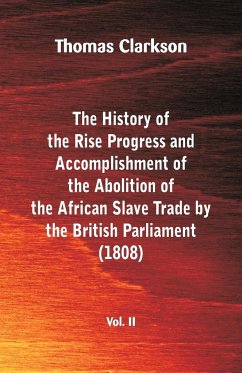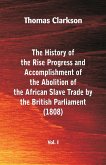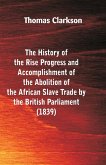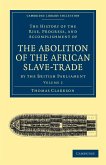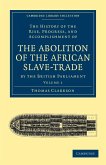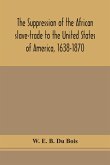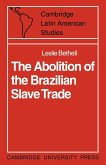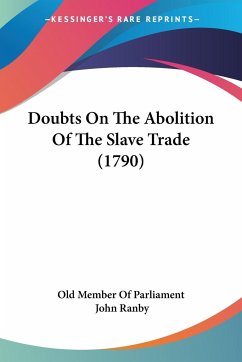Thomas Clarkson (28 March 1760 - 26 September 1846) was an English abolitionist, and a leading campaigner against the slave trade in the British Empire. He helped found The Society for Effecting the Abolition of the Slave Trade (also known as the Society for the Abolition of the Slave Trade) and helped achieve passage of the Slave Trade Act of 1807, which ended British trade in slaves. This book has been deemed as a classic and has stood the test of time. The book has been considered by academicians and scholars of great significance and value to literature. This forms a part of the knowledge base for future generations.

